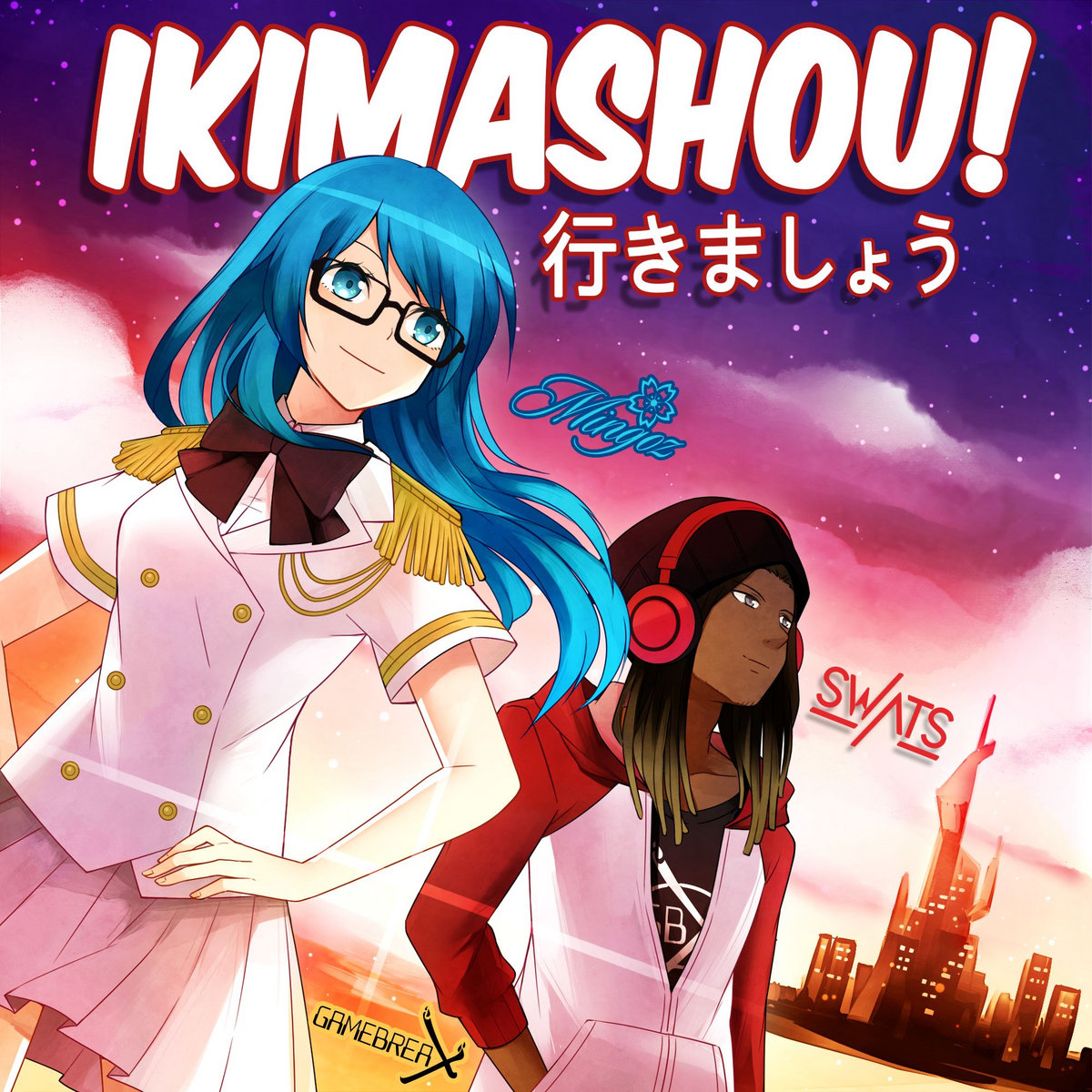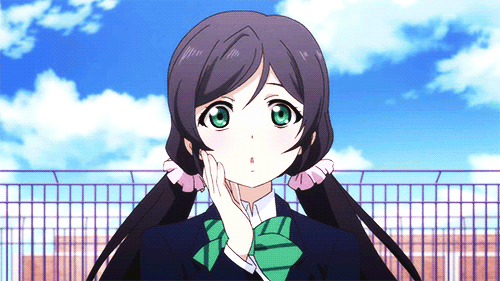What is it?
The first thing anybody learning a foreign language probably would ask is;
"What is it?"
なん です か。
(nan desu ka.)
Now think back to what we already know about これ (kore)、それ (sore) and あれ (are) - the triple ripple effect. Based on that knowledge we can now point to specific things and ask about it. か(ka) functions as a question marker. は (ha) when used as a particle/topic marker (will cover that later on) is pronounced wa.
What is this? これ は なん です か。
(directed to something you have in (kore wa nan desu ka.)
your hands or is near your inner space circle)
What is that? それ は なん です か。
(indicating something a little further from
you/or in someone else's hands) (sore wa nan desu ka.)
What is that? あれ は なん です か。
(indicating something far away from you.) (are wa nan desu ka.)
You can answer that too by saying; __________ です。
Here's a few fun bits to practice with. Again, learning a little vocabulary frequently will only help communicating better. For now, let's stick our favourite topics;
Vocabulary:
ねこ やさい すし まくら
(neko) (yasai) (sushi) (makura)
cat vegetable sushi pillow
いぬ みず くるま ペン
(inu) (mizu) (kuruma) (pen)
dog water car pen
Let's practice:
これ は なん です か。 ペン です。
(kore was nan desu ka.) (pen desu.)
What is this? (in my hand) It's a pen.
それ は なん です か。 やさい です。
(sore wa nan desu ka.) (yasai desu.)
What is that? (pointing to something away) It's a vegetable.
あれ は なん です か。 くるまです。
(are wa nan desu ka.) (kuruma desu.)
What is that? (something far away from you) It's a car.
すし は です か。 はい、すし です。
(sushi wa desu ka.) (hai, sushi desu.)
Is this sushi? Yes, it's sushi.
みず は です か。 いいえ、おちゃ です。
(mizu desu ka.) (iie, ocha desu.)
Is this water? No, it's tea,
ねこ は です か。 いいえ、いぬ です。
(neko desu ka.) (iie, inu desu.)
Is this a cat? No, it's a dog.
それ は すし です か。 いいえ、それ は やさい です。
(sore wa sushi desu ka.) (iie, sore wa yasai desu.)
Is that sushi? No, that is a vegetable.
You get the idea? Now put your own vocabulary in there and just play around with it. If you're lucky, you will have a partner to practice with. If, like me, you do it on your own (violins playing!) you need to get creative. I recorded some questions on my phone, leaving enough time in between for me to answer back out loud (when no-one was around!) and also the reverse. The point being, you need to start getting used to hearing what you say/read and also get your mouth used to forming these new words and sounds. In the beginning it sounds really awful and feels weird (I still laugh at my very foreignness in pronunciation!) but with practice, I hope words will eventually flow better and that I will be able to have an ACTUAL conversation with someone.
Start asking questions! Question everything!





